On May 24, specialist doctor 2 Truong Thi Vanh Khuyen, Department of Endocrinology and Diabetes - Tam Anh General Hospital, Ho Chi Minh City, said that the patient was admitted to the hospital in a state of convulsions, coma, loss of consciousness, blood sugar dropped to only 47 mg/dL (normally fasting blood sugar is above 80 mg/dL).
The symptoms of hypoglycemia are very similar to those of a stroke, such as convulsions, coma, paralysis of limbs, etc. However, after timely treatment, these symptoms gradually subside and brain scans do not detect new brain damage due to cerebral infarction or cerebral hemorrhage. This condition is called "pseudo-stroke" in medicine.
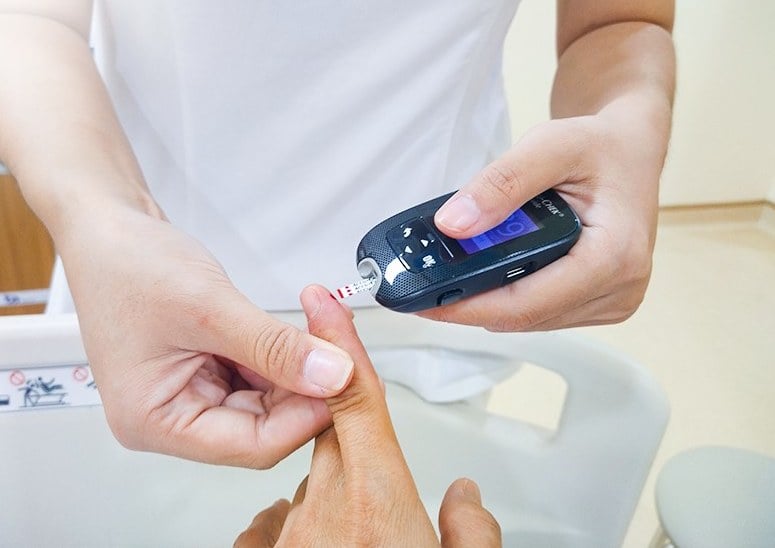
Patients are tested for blood sugar.
Taking a medical history, Ms. H. said that she was diagnosed with diabetes in March 2023. Since then, she has been hospitalized many times, sometimes due to hyperglycemia, sometimes due to ketoacidosis (a complication of diabetes). At dawn before being hospitalized, her family heard a noise in the room and entered to see her convulsing, her eyes rolling back. Thinking that she was possessed by a ghost, they put nearly ten exorcism bracelets on her wrist. But when they saw her convulsing more and more violently and foaming at the mouth, they took her to the emergency room.
At the hospital, Ms. H. was given fluids and glucose to help her blood sugar return to a stable level. After 4 days of treatment, Ms. H.'s health was stable and she was discharged from the hospital.
Doctor Khuyen warned that in many cases of hypoglycemia, the family only gave the patient food and drink or glucose, then continued with the old prescription. The consequence was that the next day the patient continued to have hypoglycemia, leading to brain damage and deep coma.
Prevent the risk of hypoglycemia
Dr. Khuyen said that blood sugar below 70mg/dL is considered hypoglycemia and when blood sugar is below 50mg/dL it is considered severe hypoglycemia. Severe hypoglycemia, if not treated promptly, can cause brain damage. Furthermore, patients with pseudo-stroke due to hyperglycemia or hypoglycemia may encounter other problems such as traumatic falls, traffic accidents, acute myocardial infarction, etc.
Therefore, diabetic patients need to pay attention to prevent the risk of hypoglycemia such as taking medication regularly, in the right dose, eating well, monitoring blood sugar regularly and when sick or having poor appetite, contact the doctor for instructions on adjusting the appropriate dose of medication. When blood sugar increases above 250 mg/dL, the patient also needs to quickly contact the doctor to adjust the medication promptly.
Doctor Khuyen recommends that diabetics should have a relaxed mindset when treating the disease to better control blood sugar. Diabetics need to have a basic understanding of diet, especially paying attention to the amount of starch, fruit, and sweets to avoid blood sugar rising too high or falling too low...
Source: https://thanhnien.vn/co-giat-sui-bot-mep-tuong-vong-nhap-hoa-ra-do-ha-duong-huyet-185240524094300621.htm


![[Photo] Students enthusiastically participate in the contest for the title of Champion and write beautifully](https://vstatic.vietnam.vn/vietnam/resource/IMAGE/2025/4/29/c4a774bd8a874b37bd782ad2b9fa0613)

![[Photo] People choose places to watch the parade from noon on April 29](https://vstatic.vietnam.vn/vietnam/resource/IMAGE/2025/4/29/3f7525d7a7154d839ff9154db2ecbb1b)
![[Photo] National Assembly Chairman Tran Thanh Man receives Vice Chairman of the Belarusian House of Representatives](https://vstatic.vietnam.vn/vietnam/resource/IMAGE/2025/4/29/fe0423b91f194dfaa208ccdba083f57c)

![[Photo] Hanoi's gateway is crowded with people leaving the capital to return to their hometowns for the holidays](https://vstatic.vietnam.vn/vietnam/resource/IMAGE/2025/4/29/2dd3f569577d4491acc391239221adf9)


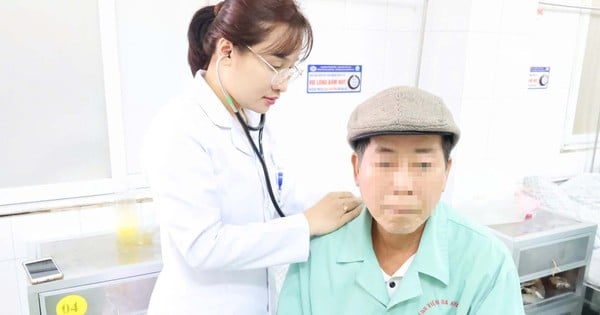



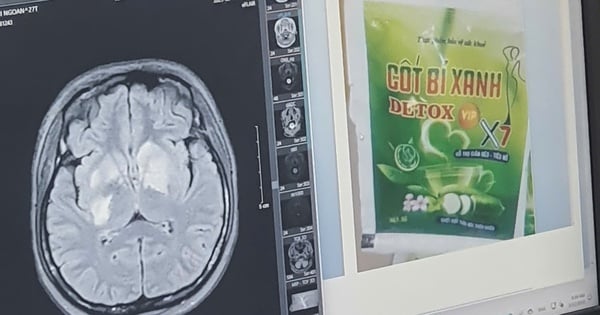


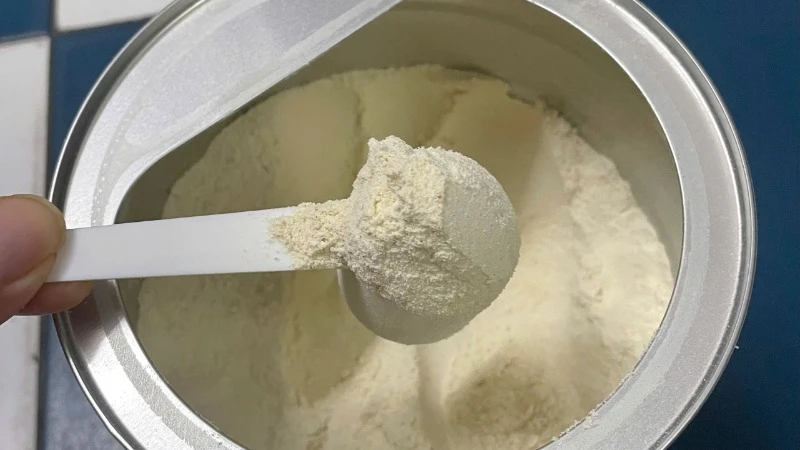
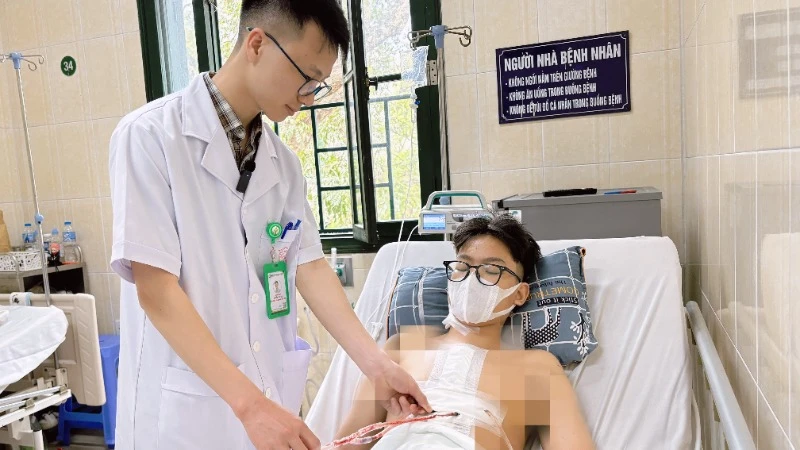
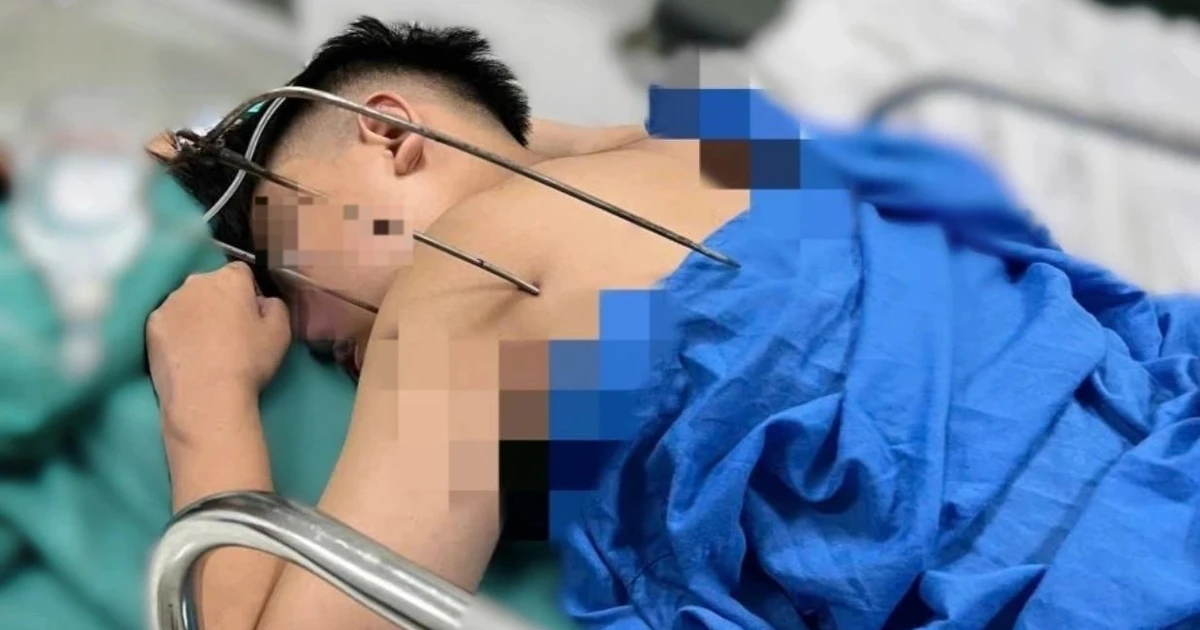

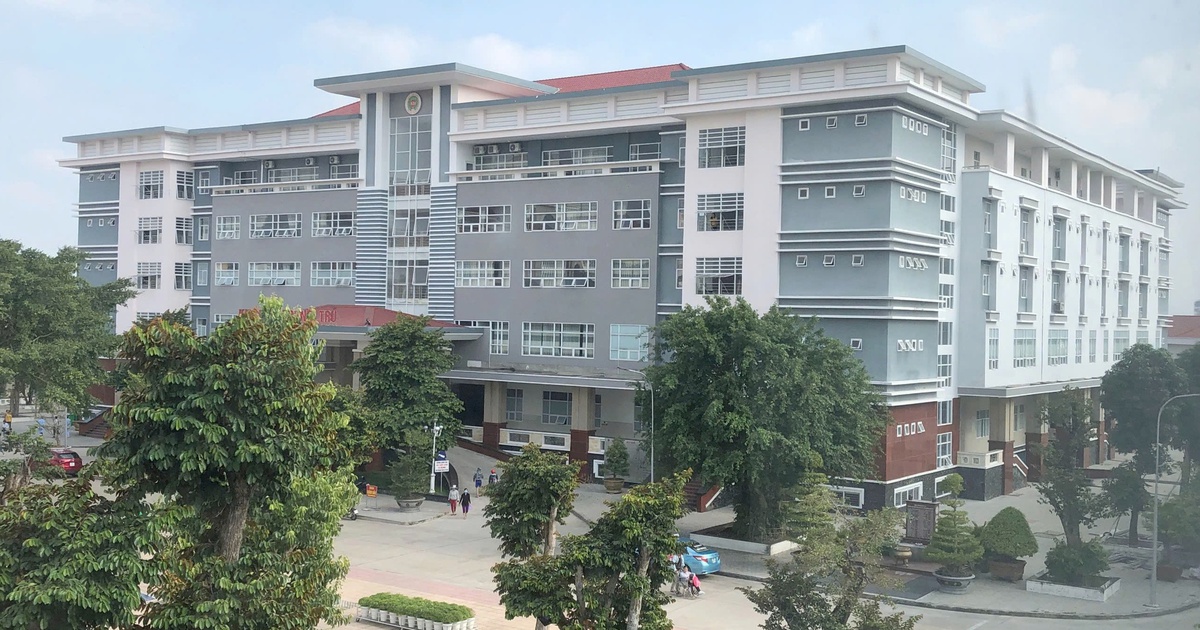




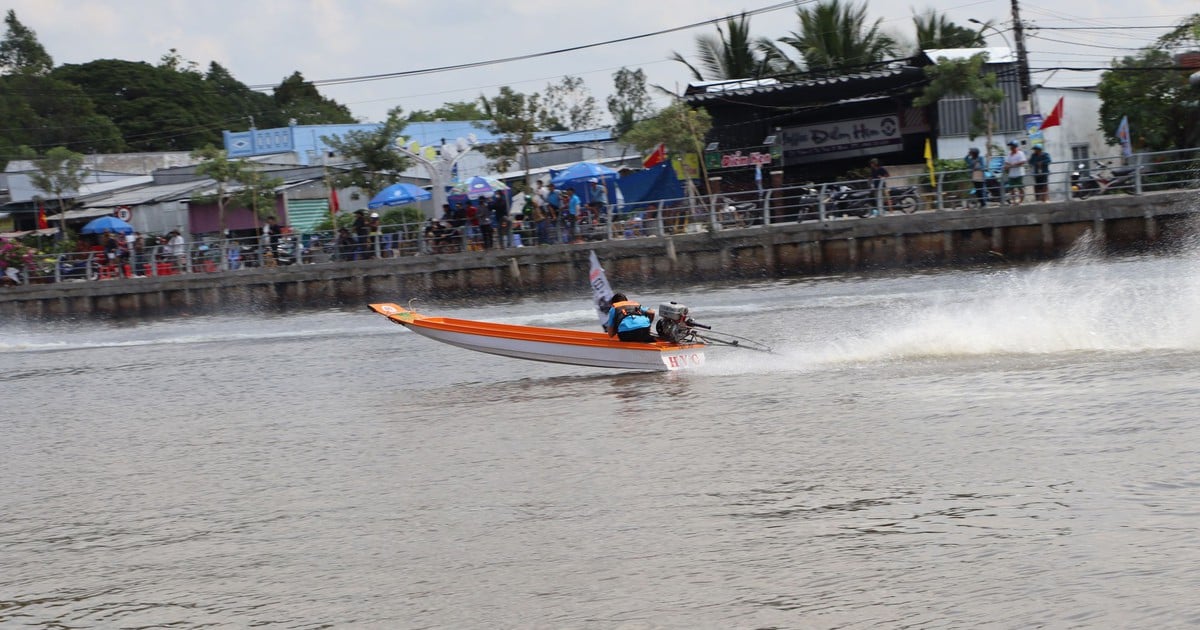




![[Photo] General Secretary To Lam receives General Secretary and President of Laos Thongloun Sisoulith](https://vstatic.vietnam.vn/vietnam/resource/IMAGE/2025/4/29/d64b36db7cbf4607870ba7d6ed6a5812)













































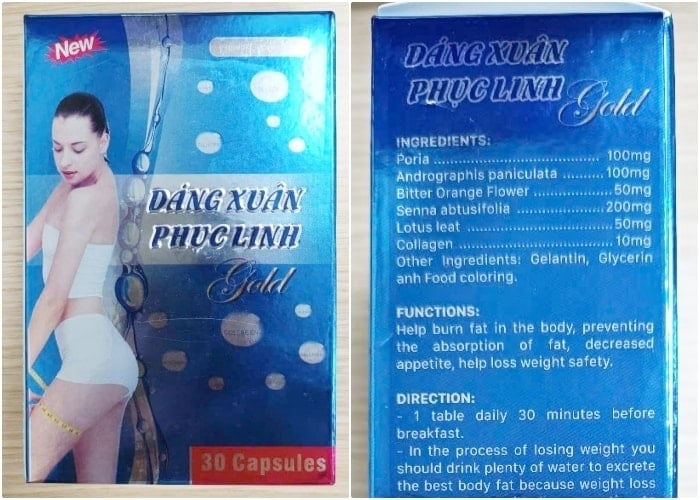
















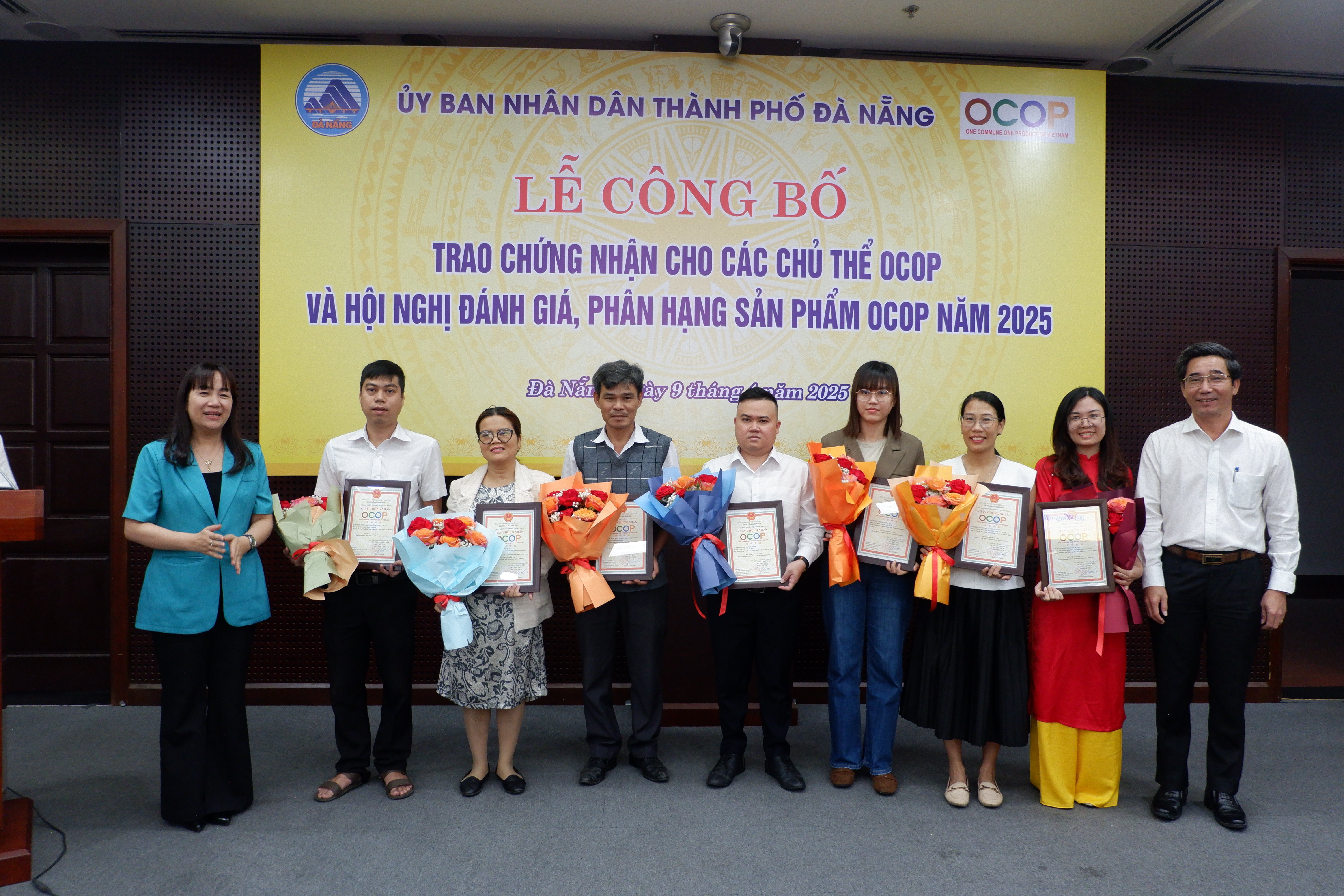

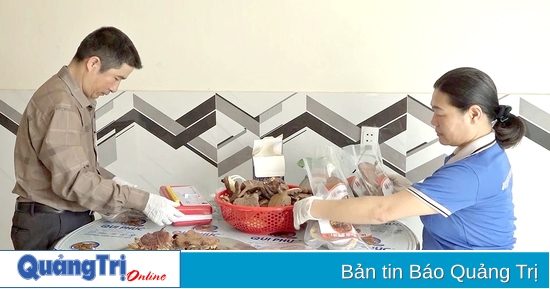

Comment (0)